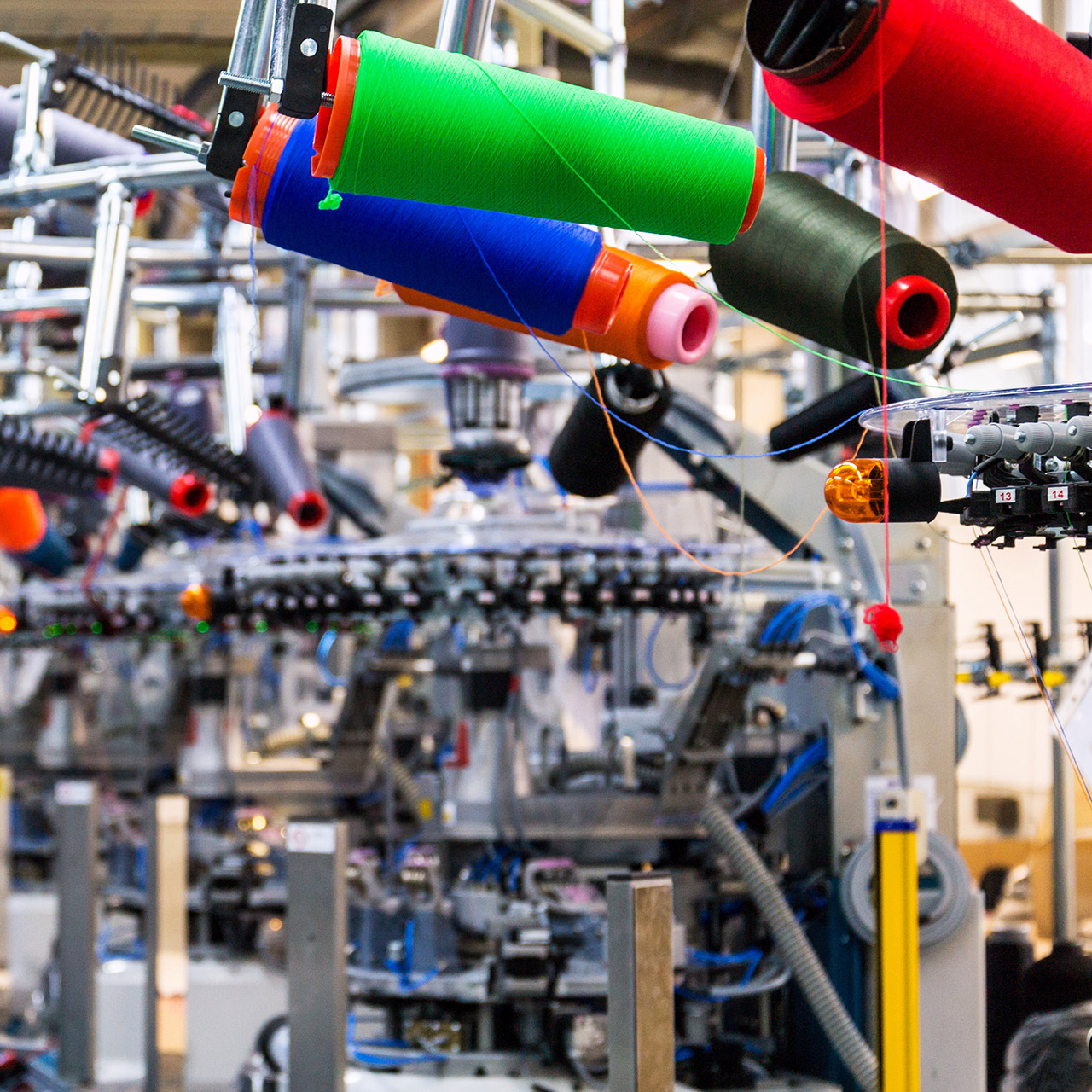This website uses cookies so that we can provide you with the best user experience possible. Cookie information is stored in your browser and performs functions such as recognising you when you return to our website and helping our team to understand which sections of the website you find most interesting and useful.
Common Challenges and Considerations When Implementing MES in the Textile Industry

The textile industry is a complex and rapidly evolving sector that demands efficient production processes, real-time visibility, and seamless coordination between various departments. To meet these requirements, many woven and non-woven manufacturers are turning to Manufacturing Execution Systems (MES) for improved operational efficiency and enhanced decision-making capabilities. However, implementing an MES in the textile industry comes with its own set of challenges and considerations. In this article, we will explore some of the common challenges faced and key considerations to keep in mind when implementing an MES.
Integration with existing systems
One of the primary challenges when implementing an MES is integrating it with existing systems such as Enterprise Resource Planning (ERP), Customer Relationship Management (CRM), and Supply Chain Management (SCM) systems. Ensuring smooth data exchange and synchronization between these systems is crucial to achieve a seamless flow of information and optimize production processes.
Scalability and flexibility
Textile manufacturers often experience fluctuating demand, seasonality, and frequent changes in product styles and specifications. Implementing an MES that can scale and adapt to changing requirements is essential. The system should accommodate varying production volumes, handle different product configurations, and support quick changeovers between different product lines efficiently.
Shop floor connectivity and automation
The textile industry involves numerous machines, equipment, and devices spread across the shop floor. Connecting and integrating these assets with the MES can be a significant challenge. Implementing automated data collection methods, such as IoT sensors and machine interfaces, can improve real-time data capture and ensure accurate production monitoring.
Data accuracy and reliability
Accurate and reliable data is crucial for effective decision-making and process optimization. However, the textile industry faces inherent challenges in collecting accurate data due to the variability of textile materials and the complexity of production processes. Implementing robust data collection methods, quality control measures, and real-time monitoring systems are vital to ensure data accuracy and reliability throughout the production cycle.
User training and adoption
The successful implementation of an MES relies on the knowledge and skills of the users. Training employees on how to effectively utilize the MES and integrating it into their daily workflows is essential. User-friendly interfaces, comprehensive training programs, and continuous support are crucial for encouraging user adoption and maximizing the benefits of the MES implementation.
Security and data privacy
In the era of Industry 4.0, where data is a valuable asset, ensuring the security and privacy of sensitive production information is critical. Implementing robust security measures, such as access controls, encryption, and regular backups, is essential to protect the integrity and confidentiality of the data stored and transmitted within the MES.
Return on Investment (ROI)
Implementing an MES involves significant investments in terms of software, hardware, implementation, and training costs. Calculating the ROI and establishing measurable KPIs is essential to determine the success of the MES implementation. Identifying key performance indicators, such as increased production efficiency, reduced lead times, improved quality, and cost savings, will help evaluate the effectiveness of the system and justify the investment.
An MES can significantly enhance operational efficiency, productivity, and decision-making capabilities. However, overcoming the challenges associated with integration, scalability, connectivity, data accuracy, user adoption, security, and ROI is crucial for a successful implementation. By carefully considering these challenges and implementing appropriate solutions, manufacturers can leverage the power of MES to streamline operations, optimize production processes, and gain a competitive edge in the dynamic textile industry.
Contact us to learn more.
This publication contains general information only and Sikich is not, by means of this publication, rendering accounting, business, financial, investment, legal, tax, or any other professional advice or services. This publication is not a substitute for such professional advice or services, nor should you use it as a basis for any decision, action or omission that may affect you or your business. Before making any decision, taking any action or omitting an action that may affect you or your business, you should consult a qualified professional advisor. In addition, this publication may contain certain content generated by an artificial intelligence (AI) language model. You acknowledge that Sikich shall not be responsible for any loss sustained by you or any person who relies on this publication.




